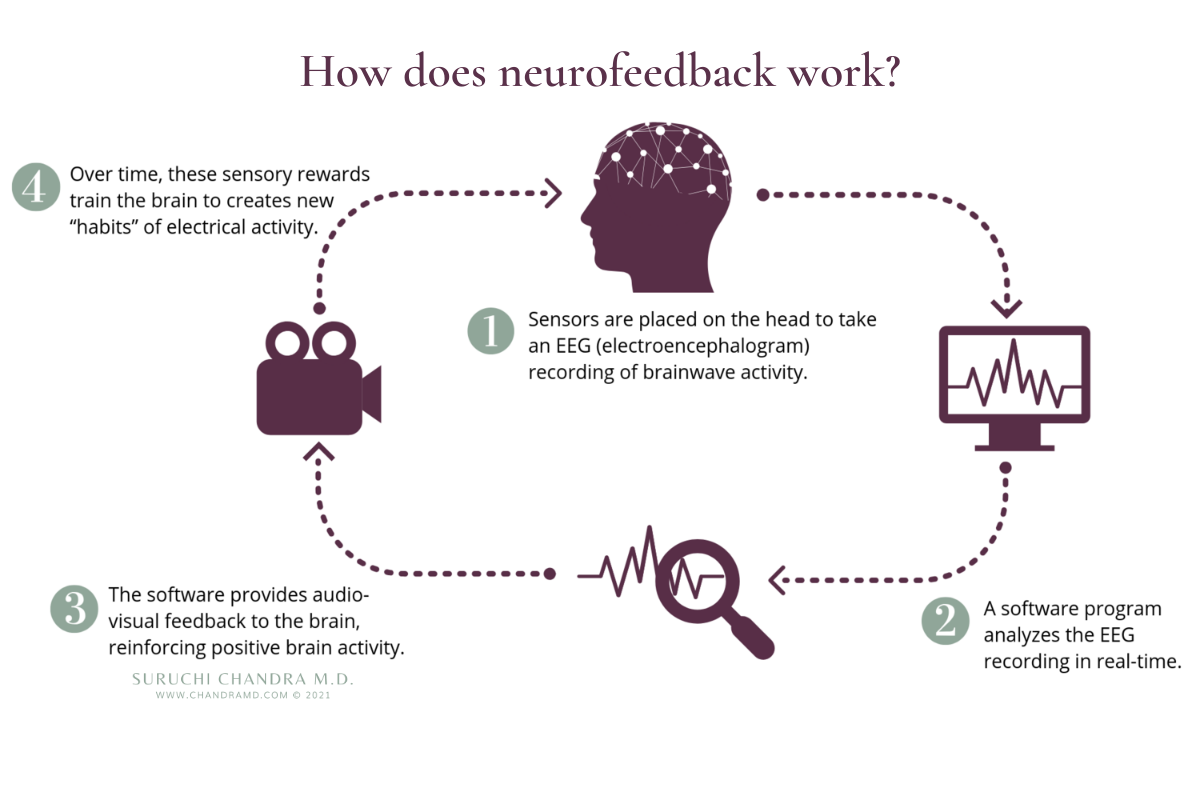Understanding the individual brain is a challenging endeavor, especially when it pertains to psychological health. Conventional methods of assessment often rely on interviews and questionnaires, which can sometimes miss crucial aspects about how the brain functions. This is where quantitative brainwave analysis, or qEEG, enters into the picture. qEEG is a specialized technique that assesses neural signals in the brain. By analyzing these brainwaves, mental health experts can obtain important insights into a person's psychological condition, helping to improve assessment and intervention.
qEEG functions by placing small sensors on the head to capture neural activity. These sensors measure neural signals produced by neurons, the cells in the brain that communicate with one another. The data collected is then analyzed and presented as a series of patterns. Each kind of brainwave—such as alpha, β, δ, and theta—relates to various psychological conditions and activities. For instance, α waves are often linked with calmness, while beta waves are linked to engaged cognition and problem-solving. By analyzing these trends, clinicians can identify abnormalities that may suggest psychological health issues.
One of the significant benefits of qEEG is its capability to provide objective data. In contrast to conventional evaluations that rely on subjective reports from clients, qEEG offers a clear view of neural function. This clarity can assist minimize prejudices in diagnosis and lead to more accurate treatment strategies. For example, if a client is facing anxiety, qEEG can reveal particular trends of neural function that are associated with stress conditions. This data enables mental health professionals to tailor treatments more efficiently, whether it be through counseling, medication, or other approaches.
Moreover, qEEG can be particularly beneficial in tracking intervention advancement. By performing qEEG evaluations at various points during therapy, clinicians can track changes in neural function over period. This ongoing assessment assists ascertain if a intervention is working or if modifications are required. For instance, if a client is not responding to a particular medication, qEEG may show that their brain activity has not altered in a way that indicates progress. This feedback loop can result to more customized and efficient mental health care.
In conclusion, qEEG brain mapping is a powerful tool in the field of mental health assessment. By providing objective data about brain activity, it enhances the understanding of various mental health disorders. This technique not only assists in accurate diagnosis but also assists in tracking intervention effectiveness. As mental health professionals continue to investigate the capabilities of qEEG, it possesses potential for enhancing the well-being of people dealing with mental health challenges. With continuous get redirected here research and advancements in techniques, the secrets of the brain may turn more apparent, resulting to better results for those in requirement of support.

Comments on “Revealing the Secrets of the Mind Through qEEG Cerebral Mapping in Psychological Health Assessment”